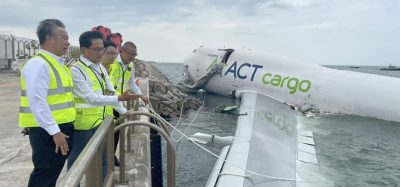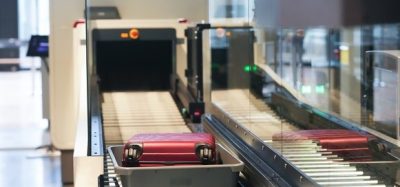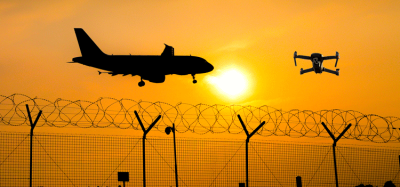IATA urges the world to consider alternatives to the electronics ban
Posted: 29 March 2017 | IATA | No comments yet
IATA has called on governments to urgently find alternatives to recently announced measures by the US and the UK to restrict electronic items on certain flights departing the MENA region…


The case for alternative measures
“The current measures are not an acceptable long-term solution to whatever threat they are trying to mitigate. Even in the short term it is difficult to understand their effectiveness. And the commercial distortions they create are severe. We call on governments to work with the industry to find a way to keep flying secure without separating passengers from their personal electronics,” said Alexandre de Juniac, IATA’s Director General and CEO.
De Juniac made this demand in a speech to the Montreal Council on Foreign Relations in which he highlighted the need to maintain public confidence in the security of the global aviation industry which safely and security operates an average 100,000 flights a day.
“With the measures now in place, our passengers and member airlines are asking valid questions. Why don’t the US and the UK have a common list of airports?
Join us live: Shaping the Next Generation of Hold Baggage and Air Cargo Screening
Join us live for an insightful webinar on 11th December at 14:00 GMT, in collaboration with Smiths Detection, as we explore the strategic balance of operational efficiency, regulatory compliance, and sustainability in high-volume security environments.
This session offers a focused look into future-proofing your security strategy.
Key learning points
- Cost Reduction: Strategies to minimize bag travel time while simultaneously reducing operational costs.
- Regulatory Roadmap: Insights into the next wave of regulatory changes and their impact on future investment decisions.
- Sustainable Systems: Practical approaches to building sustainability into security systems and lowering the total cost of ownership (TCO).
- Scalable Solutions: Real-world examples of scalable systems supporting current airport growth and preparing for tomorrow.
Register now for expert insights, case studies, and actionable strategies on operational efficiency!
How can laptops be secure in the cabin on some flights and not others, including flights departing from the same airport?
And surely there must be a way to screen electronic equipment effectively? The current situation is not acceptable and will not maintain the all-important confidence of the industry or of travelers. We must find a better way. And Governments must act quickly,” said de Juniac.
The need for better coordination and information sharing
IATA also expressed frustration at the process used by governments to put in place the security measures which was woefully lacking. “The industry came together quickly to implement the new requirements. That was a challenge because there was no prior consultation and little coordination by governments,” said de Juniac.
IATA has long called for better information sharing and coordination on security measures among governments and with the industry.
“While governments have the primary responsibility for security, we share the priority of keeping passengers, crew and aircraft secure. To do that effectively intelligence is king. And it needs to be shared amongst governments and with the industry. It’s the only way to stop terrorists before they get near an airport, let alone aircraft,” de Juniac.
Moreover, cooperation between industry and governments yields a better result. “Airlines don’t want access to state secrets. But if airlines understand the outcome governments want, they can help with the operational experience to deliver that result effectively and efficiently,” said de Juniac.
International cooperation
Challenges to aviation security were highlighted in Resolution 2309 of the UN Security Council which tasked the International Civil Aviation Organization (ICAO) to develop a Global Aviation Security Plan (GASeP). “The need for such a plan has been made very clear by wide gaps in the measures taken by governments in recent days. States need to lend their full support to ICAO in developing GASeP quickly. And even before that can be achieved, there is an early opportunity to make a real improvement to international cooperation on security. In May ICAO member states will consider amendments to Annex 17 of the Chicago convention that would require information sharing. The security experience of recent years should compel States to support this,” said de Juniac.
Join our free webinar: Revolutionising India’s travel experience through the Digi Yatra biometric programme.
Air travel is booming, and airports worldwide need to move passengers faster and more efficiently. Join the Digi Yatra Foundation and IDEMIA to discover how this groundbreaking initiative has already enabled over 60 million seamless domestic journeys using biometric identity management.
Date: 16 Dec | Time: 09:00 GMT
rEGISTER NOW TO SECURE YOUR SPOT
Can’t attend live? No worries – register to receive the recording post-event.


















